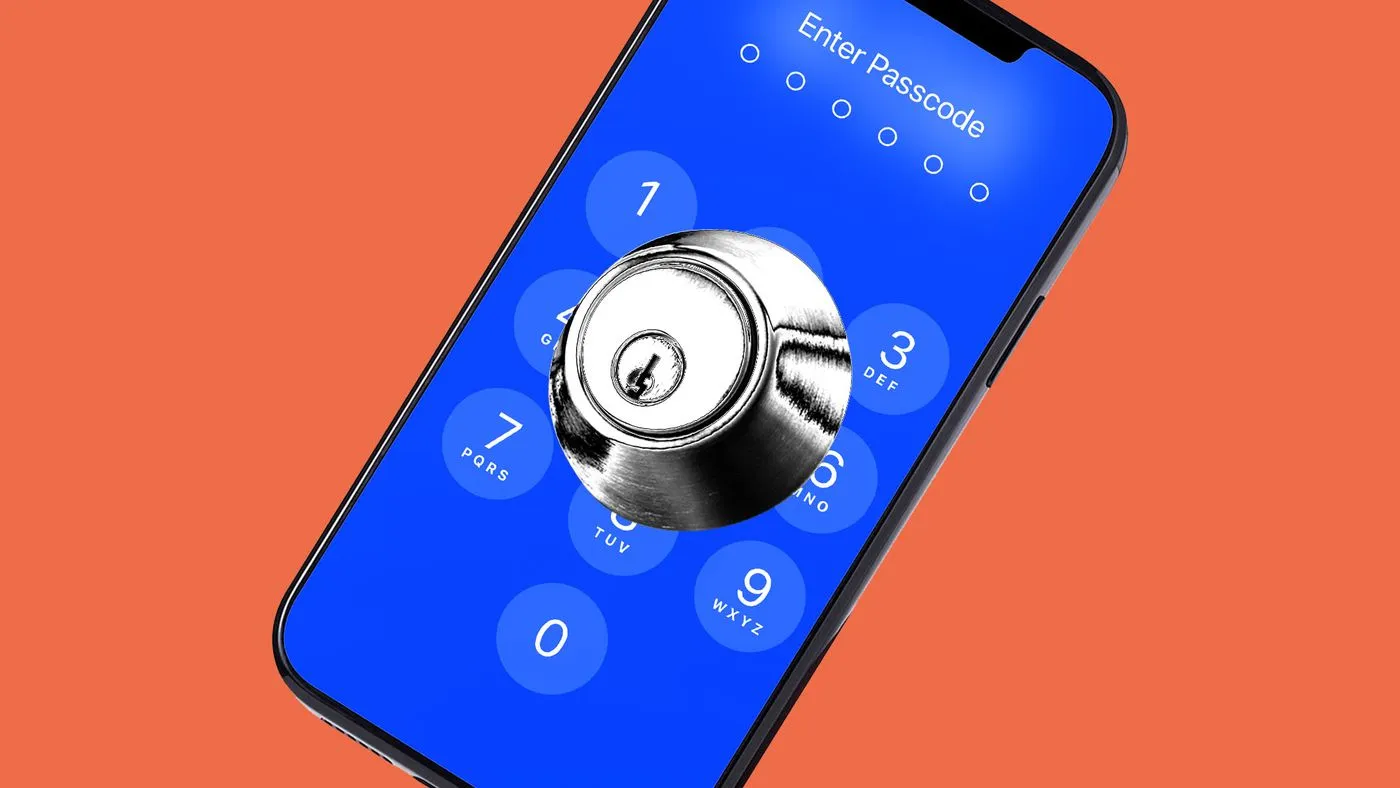Understanding the Risks of Handing Your Phone to Law Enforcement

Digital ID Risks in Law Enforcement Interactions
With the rise of digital IDs integrated into mobile wallets, like Apple Wallet and Google Wallet, there is an increasing temptation for police officers to request access to your phone. Notably, several states, including California, now support digital IDs that can be used at select TSA checkpoints, yet not for police interactions during traffic stops. This shift poses serious privacy concerns, as handing over your phone can enable law enforcement to access highly personal data.
Your Rights and Your Phone
In the landmark case Riley v. California, the Supreme Court enforced that police must obtain a warrant to search your mobile device. However, voluntarily providing an unlocked phone to law enforcement blurs the lines of consent, potentially allowing police to extract more information than you intended. It’s essential to recognize that even if you believe you have nothing incriminating, your phone could harbor data that can be misinterpreted.
Implications of Biometric Access
- Law enforcement may compel you to unlock your device biometrically, which remains a contentious legal area.
- Supreme Court rulings differentiate between passcodes and biometric identifiers, complicating Fifth Amendment protections.
Understanding the technical nuances of digital ID systems does not diminish the inherent risks associated with handing your phone to police. It's invariably more prudent to maintain your privacy and utilize physical identification, safeguarding yourself against potential misuse.
This article was prepared using information from open sources in accordance with the principles of Ethical Policy. The editorial team is not responsible for absolute accuracy, as it relies on data from the sources referenced.